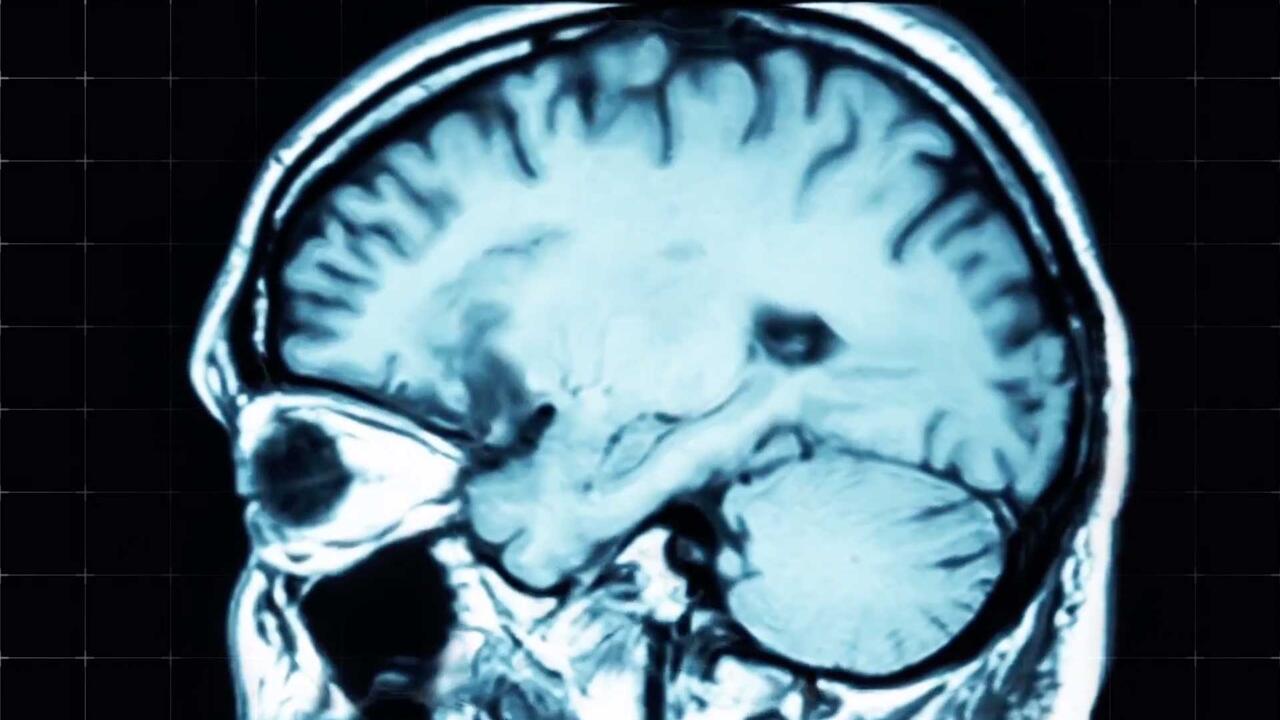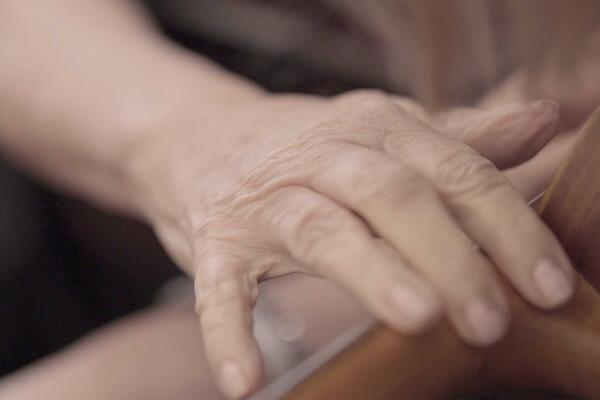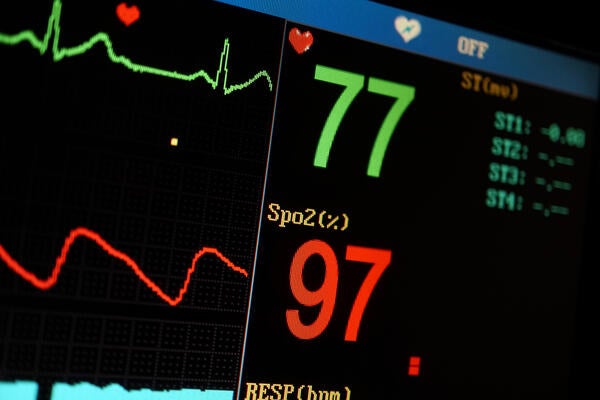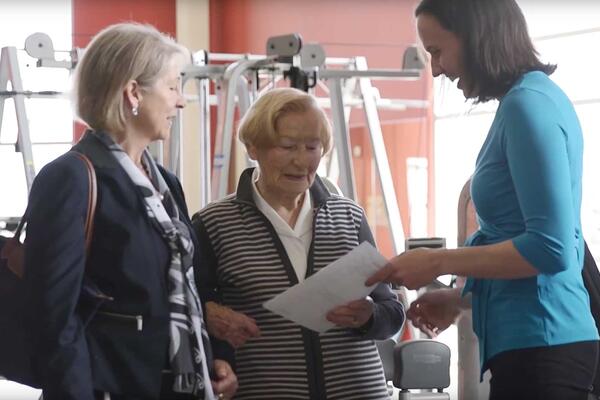
What the lives and brains of Roman Catholic nuns tell us about aging
Rich data from convent archives combined with brain studies after death give researchers insights into Alzheimer’s disease and aging

Rich data from convent archives combined with brain studies after death give researchers insights into Alzheimer’s disease and aging
By Nancy Harper University Communications
Suzanne Tyas
Professor, Faculty of Applied Health Sciences
> School of Public Health and Health Systems
Nearly a century of data on hundreds of North American nuns is driving new discoveries into how early life may affect your risk of developing Alzheimer’s disease.
The ongoing Nun Study on aging and Alzheimer’s disease, which began in 1991, recruited 678 religious sisters, all of whom were at least 75 years old. The nuns are an ideal population to study because of their similar environmental influences and lifestyles.
“We have data not just from convent archives on their early life and annual assessments during later life, but also after death because all 678 nuns in the study agreed to brain donation,” says Suzanne Tyas, a professor in the Faculty of Applied Health Sciences. “That’s what allows us to link information from early life across the whole life course.”
In some people who show no memory problems during their lives, the brain can still show the signs of Alzheimer’s after death, says Tyas. This is called cognitive resilience — and early-life factors can provide clues to how some people resist showing symptoms of Alzheimer’s disease despite these brain changes.
“Once people start showing cognitive problems, it’s often assumed that they’ll go on to develop dementia,” Tyas adds. “But we’ve also found that some people improve. They may have started to have memory problems but then the next time we see them, they’re better. That can also reflect cognitive resilience – and we are interested in identifying what is different about these people who are able to resist cognitive changes or who may start to show changes but are then able to come back from that.”
Tyas, who is the only Canadian investigator in the Nun Study, believes the research could ultimately reduce the impact of the disease on our aging population.
“This could help inform public policy targeted to early life, focusing on enrichment and how important it is to build a robust brain that then can better buffer all the insults that happen over a lifetime,” she says.
“Our work with the Nun Study is innovative because it actually operationalizes cognitive resilience and identifies factors related to it. The mission of the Faculty of Applied Health Sciences is to create and apply knowledge to protect and promote health and well-being, and to optimize abilities across the life course for all. That’s my research in a nutshell.”

Read more
Award-winning reading platform serves up accessible e-books for people living with dementia

Read more
How innovative research and medical technology can prevent falls

Read more
Waterloo researcher is examining whether combining exercise with Vitamin D, cognitive training and diet interventions lowers dementia risk
The University of Waterloo acknowledges that much of our work takes place on the traditional territory of the Neutral, Anishinaabeg and Haudenosaunee peoples. Our main campus is situated on the Haldimand Tract, the land granted to the Six Nations that includes six miles on each side of the Grand River. Our active work toward reconciliation takes place across our campuses through research, learning, teaching, and community building, and is co-ordinated within the Office of Indigenous Relations.